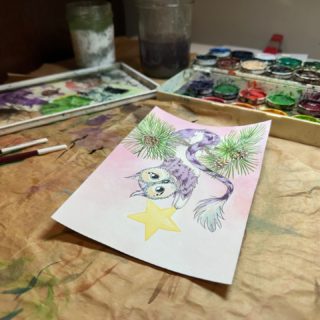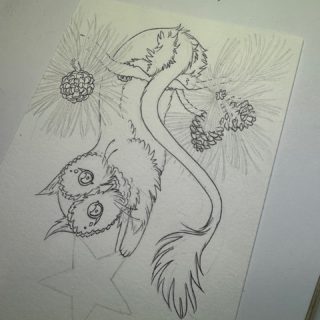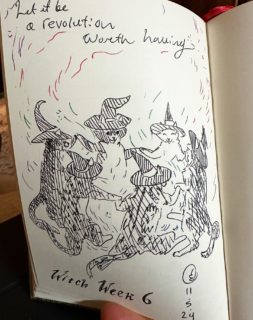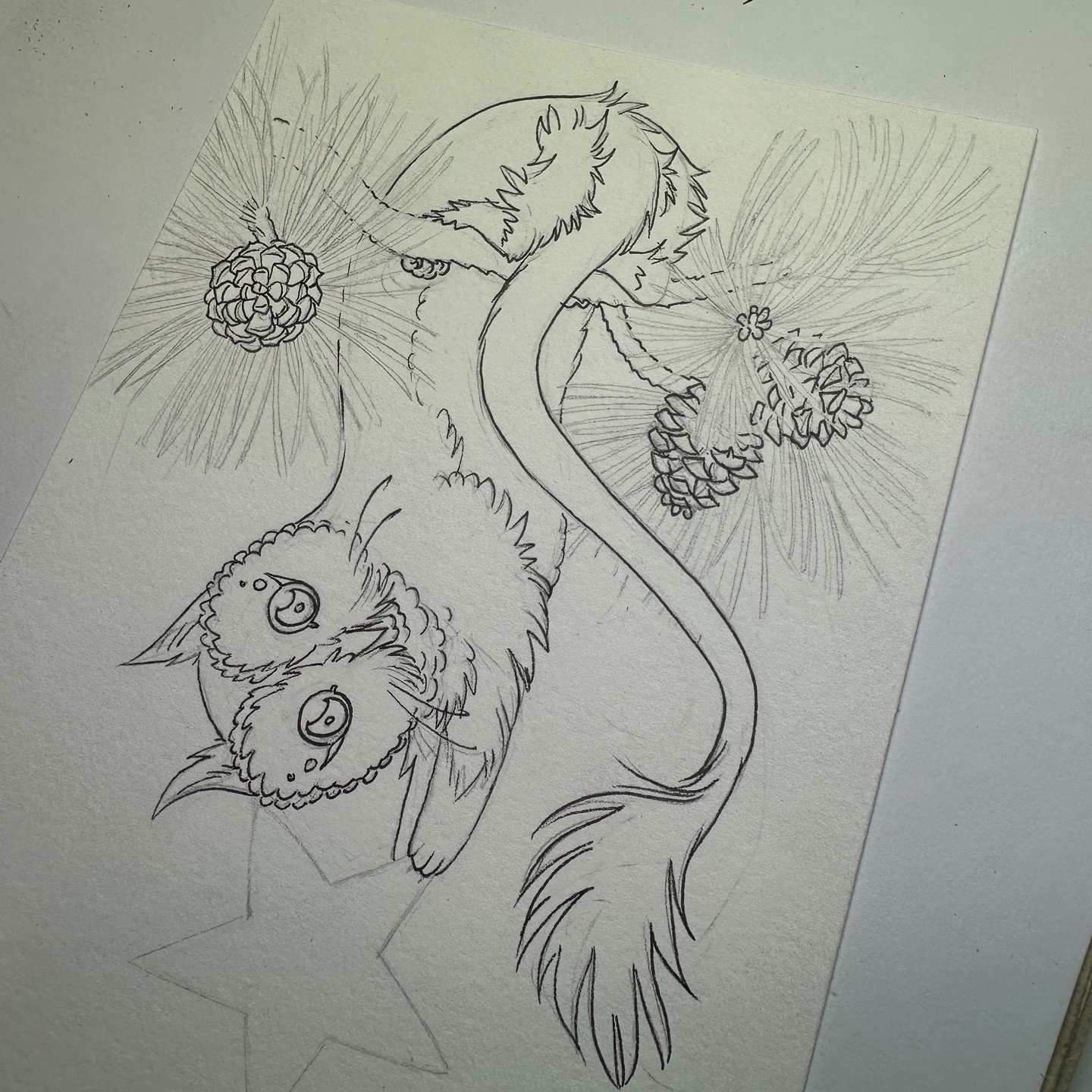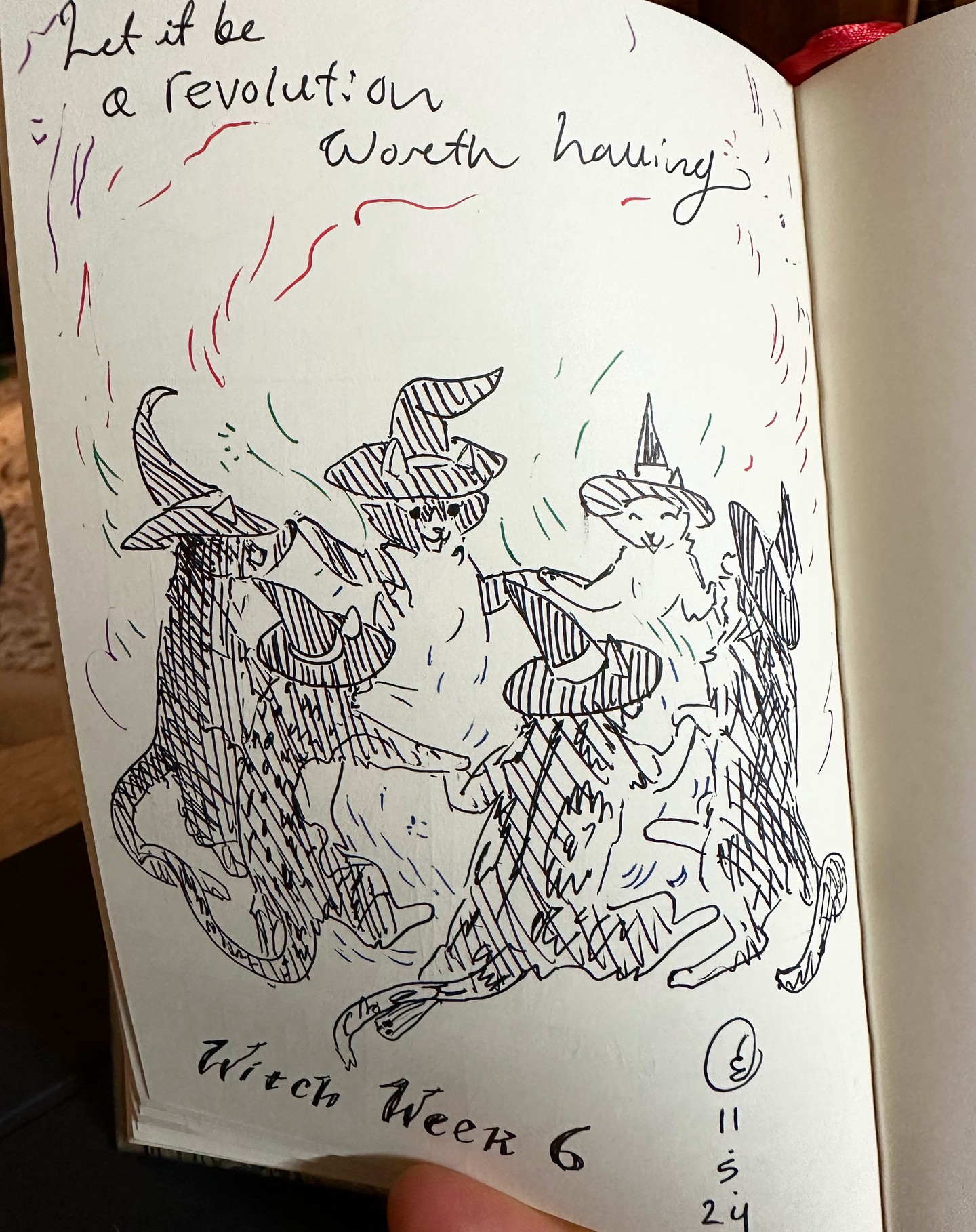Rambling around the internet earlier today I stumbled on a quote from an article about Mary Sues, and how we need more of them. The article in question is here but I should say that I haven’t read all of it, because I can tell at a glance that it is exactly the sort of thing that would send me off on a “Don’t be a Drag, just be a Queen” rant and you’ve already heard that one. What interests me for the sake of this post is the following quote from that article:
“Mary Sue” has been an insult for “unrealistic” female characters for quite a while, but “Mary Sue” is the absolute definition of a superhero. Angsty backstory? Orphaned? Super special powers? World-changing fate or destiny? More money and cool gadgets than you know what to do with? Everyone you’re even vaguely attracted to being attracted to you? On a female character, it’s ridiculous. On a male character, it’s iconic.”
Which gave me pause, because clearly the writer’s definition of a Mary Sue is a bit broader than mine. Then I went on to read this excellent and thoughtful commentary inspired by the article. In it, the writer reports a phenomenon I had no idea existed: the labeling of canonical female characters as “Mary Sues” as a means of insulting powerful female characters. The writer uses the example of Tonks from Harry Potter, who possesses a number of cool powers and yet was labeled a Mary Sue by some people… while those same people had no problem with the numerous male characters who possess similar or even greater skills. The writer concludes with this rather depressing assessment:
“…Because none of those conveniently awesome traits, when given to a man, read as “Mary Sue.” They’re just awesome male characters, full stop. Awesome is a default for men in fiction, especially sci-fi and fantasy. Awesome is what we expect, what we do not challenge. When that same level of awesome, even in part, is given to a female character, then suddenly she is a Mary Sue. Even in a work of professional, published fiction, we prefer to assume that the author requires a vehicle for self-insertion than that, simply enough, a female character can be cut from the same awesome cloth as her male peers.”
At this point I had to physically pull my head away from my screen and clutch it to stop it from spinning. All I could think was: I certainly never thought of Tonks as a Mary Sue! In fact, I don’t think I’ve ever labeled a canon character (male or female) a Mary Sue!
I took two things from this: 1) I am clearly not a party to the ingrained misogyny that causes certain weak-minded individuals to fear and reject the very thought of a powerful woman. And 2) I have a much narrower definition of what a Mary Sue actually is. And this second point is what I want to examine in this post.
What, exactly, is a Mary Sue? I have a pretty clear idea, actually, even if it’s not one I share with the majority of the internet. However, as the majority of the internet seems to use it as a derogatory term for super-powered female characters and I use it as a technical description for a very specific instance of author self-insertion and bad character balancing, I think I can be forgiven for saying outright that I like my version better, and I think it’s the one most people (especially those who care about fiction) should use.
I can’t force the internet to Do Things My Way, of course, but if you are uncomfortable with the current usage of Mary Sue and want to help me redefine it, then read the following specific definition and pass it on. Even if you’re not interested in adopting it, you should read this so in future at least you will know what I’m talking about.
To start off, the original definition of a Mary Sue, as helpfully provided by Wikipedia, is as follows:
In fan fiction, a Mary Sue is an idealized character representing the author.
There’s more in the article about the creation of the term which is fascinating and worth a read, but for the purposes of this article the above line is all that matters. It matters because, in brief, it summarizes what I consider to be a Mary Sue.
If I could take it a step further, I’d like to point out a few things that a Mary Sue is not (According to the Great and Infinite Wisdom of Me*):
- A Mary Sue is not necessarily female. I know people have put forward terms such as Marty Stu or such for male versions, but I think this is frivolous and unnecessary. The term Mary Sue comes from the name of a character who happened to be female; that doesn’t mean it can’t be applied to subsequent male (or gender-nonconforming/ambiguous) characters who fit the criteria.
- A Mary Sue is not an insult: it is a description of a sort of Perfect Storm of characteristics that, when combined, make a very difficult character to write well. This leads me to my third point:
- A Mary Sue is not necessarily a bad character. They are, for reasons which will become apparent, simply hard to write well. And since, by my definition, they only appear in fan fiction, and since most fan fiction is written by beginning or otherwise inexperienced authors, the chances of them having the finesse and skill necessary to write such a problematic character well are slim. Not saying it can’t happen, though. I’ve read some pretty awesome fan fiction.
As for what a Mary Sue is, to qualify as such under my definition a character must:
- Be the creation of a fan artist and not a part of whatever story canon he or she is being inserted into. This means that any character created by the original author, or any authors paid to write canon material (as in the case of TV shows or comic books) is automatically disqualified. There is nothing stopping those characters from displaying the same character traits as a Mary Sue, but if they are canon they are not Mary Sues. They could be any one or combination of the following, though, which also apply to Mary Sues proper:
- Be a Game-Breaker. This is my preferred term for what a lot of people call “over-powered” characters. I dislike the term “over-powered” because it reduces characters to stacks of pros and cons, which is not what makes a character. There are characters, however, who have powers that effectively “break” the story they are in. Because of their powers, the original baddie is rendered moot; ineffective. If your story involves, say, a battle between giant robots against huge seamonsters, and you throw in a character who can talk to the huge monsters and turn them into harmless puppies, thus instantly resolving the original story-driving conflict, that character is a Game-Breaker. (Or, if applied correctly, a Game-Ender, which is a perfectly legitimate element in any story.)
- They should be used for author wish-fulfillment. That is to say, they should act in ways which the author (who is essentially living vicariously through them) finds utterly enthralling. Bonus points if at the same time they are tear-jerkingly boring for any reader who is not the author.
- Finally, to be a true Mary Sue, this fan-made game-breaking wish-fulfillment character should really be a pretty obvious case of Author Self-Insertion. They should essentially be the author, or at the very least share significant similarities such as hair color and style, mannerisms, likes and dislikes, general appearance, and even names with him or her.
All this is not to say that official, canon characters created by professional writers in published works cannot display these attributes. They can and do. It’s just that when a professional writer puts a bit of herself into a character, or gives them powers that suddenly shut down the bad guy, that’s not a Mary Sue. That’s an Author Self-Insertion or a Game-Breaker, and writers do it all the time. Sometimes it actually works out rather well. Gandalf from Lord of the Rings has been speculated to be a bit of a self-insertion on the part of Tolkien, but that doesn’t make him any less of a great character. Rather, it strengthens him, I think, because everything he says and does comes from such a pure, honest place. And Diana Wynne Jones’s books are filled with characters with Game-Breaker level powers—they just usually don’t develop them until the last minute, or, if they possessed them all along, are prevented from using them until the last minute due to her finely crafted and well reasoned stories. And when they do use them, the book ends shortly thereafter—as it should. It is often quite exciting and makes for jolly good reading.
Ultimately what differentiates a Mary Sue from any other game-breaking, wish-fulfillment, author self-insertion is whether they were created in a piece of fan fiction. Which may seem like an arbitrary distinction, but let us remember that the original Mary Sue was in fact a fan-made character herself. Maybe this makes it sound like I’m being elitist and anti-fanction, which was not my intent. As I stated above I don’t think being a Mary Sue necessarily makes a character bad… it’s just you’re more like to find examples which are bad.
But any character—even a Mary Sue—is more than the sum of their parts. Characters are not made of blocks containing tropes or clichés; they are people, as real in our imaginations as the people we interact with every day. They are our friends, enemies, lovers, and—yes—sometimes our escapist wish-fulfillment.
Mary Sue is just the name for a particularly strong concentration of certain characteristics—like the way we call storms of a particular size and shape a hurricane. Mary Sues are the hurricanes of fan-made original characters: they are big and scary, incredibly powerful, game-breaking forces that can wreak havoc on the course of the original story. But they are not necessarily bad; like all characters they have the capacity to be wonderful and exciting.
Used like that, I don’t think it’s a particularly insulting term. Which is good, because I don’t want to insult anybody—not even fictional characters, and especially not their authors.
Though I make an exception for dumb-ass misogynist bigots who have subverted the meaning of a mostly-harmless label and turned it into hate-speak for any female character they find sufficiently threatening. Those people can go suck on Shakuro’s fist.
*Often subject to change without warning; frequently misguided.
Goldeen Ogawa is a writer, illustrator and cartoonist. She has created many characters of Mary Sue-level awesomeness, so she knows what she is talking about. You can email her at goldeenogawa@gmail.com or peck at her on Twitter @GrimbyTweets.

